HiveToday: Sweden's entry into NATO, Fed raises interest rates, Turkey's inflation crisis, UK mid-term elections
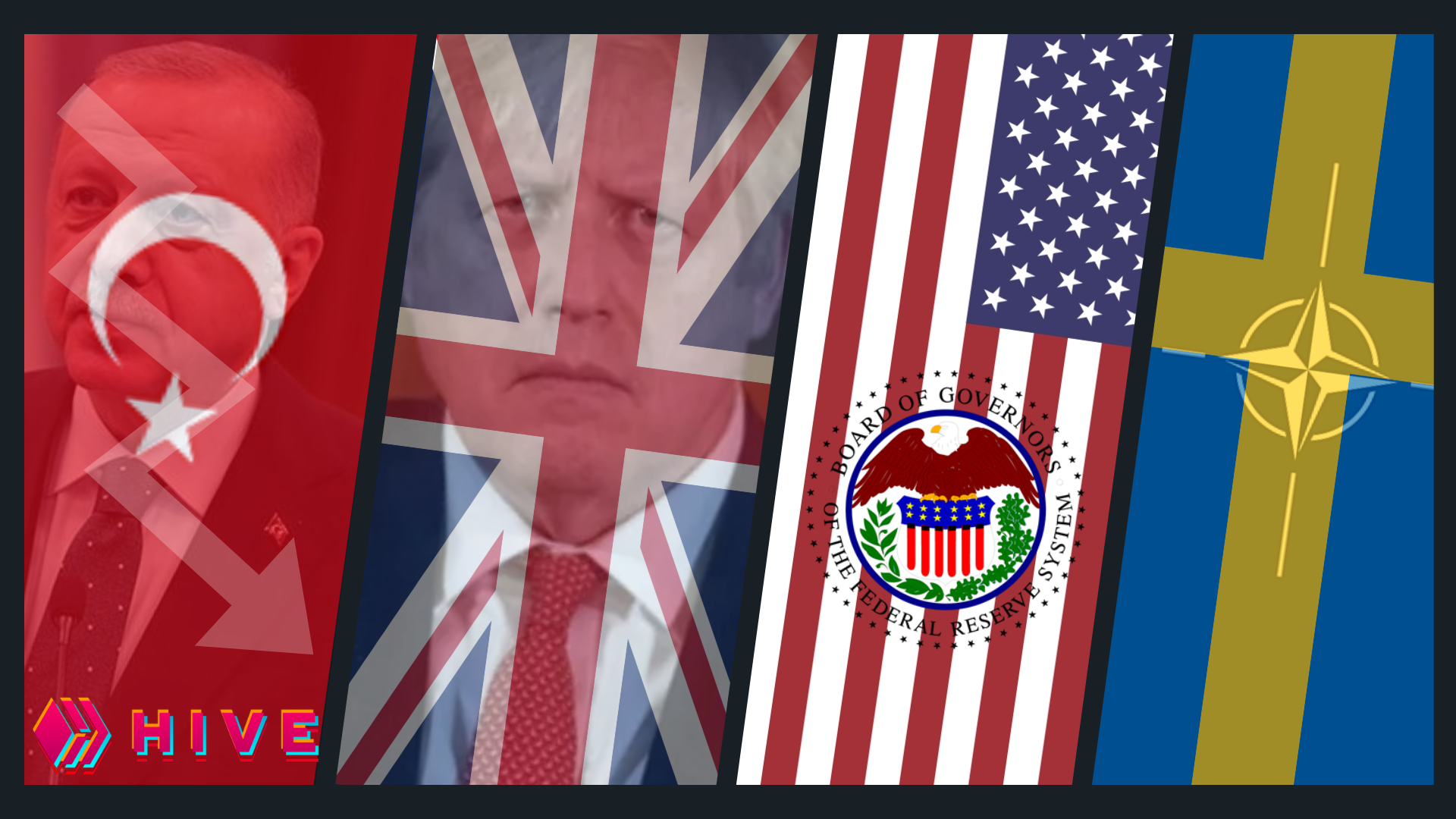
With tensions in Europe at a high, many countries are reevaluating their security arrangements. Sweden, for instance, whilst not a member of NATO, has actually cooperated with NATO in a number of international missions, such as in the Balkans, and soon may be about to formally request to join. Obviously, such an application may frustrate their Russian neighbors, and unfortunately for Sweden, security guarantees from NATO would only come after they have been accepted. Fortunately for Sweden, they received assurances from the US today that they would provide support during the application process. Assurance will likely make it easier for Sweden to join NATO. Whether they actually will, though, is another question.
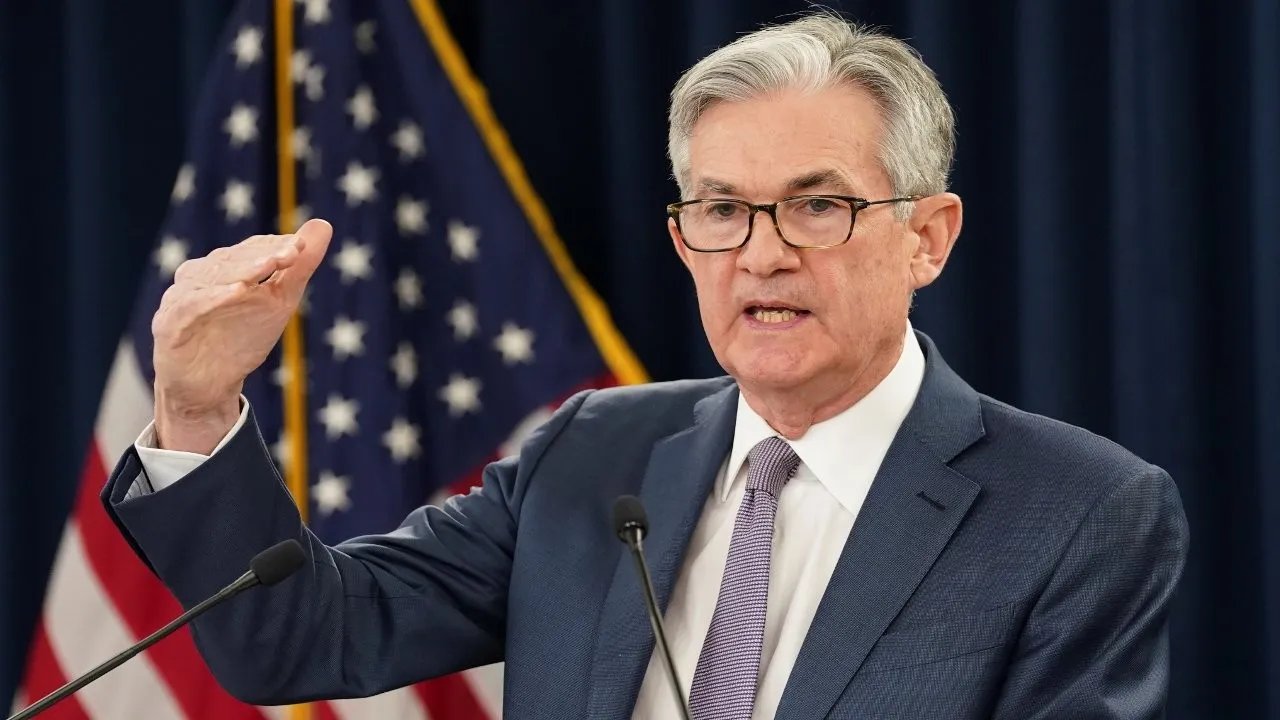
On Wednesday, the Federal Reserve raised interest rates by half a percentage point to aid its efforts in fighting the highest inflation in 40 years. Fed president Jerome Powell stated that inflation is currently too high and that the Federal Reserve is doing everything in its power to bring prices down for Americans. The increase is the sharpest since 2000 and is the second of a projected seven hikes for 2022. The interest rate hike is determined to make loans more costly for households and businesses, especially mortgage loans. The idea is that higher lending costs will cool the economy by weighing on businesses and consumer spending and eventually leading to lower prices overall. The Fed must be careful, however, as raising interest rates too quickly could plunge the country into a recession, something Powell and President Biden do not want.

Turkey released its latest inflation data, which found that year-on-year inflation in April had hit a 20-year high of 68%. Unofficial estimates place the true figure even higher, likely well above 100%. It has been suffering from rampant inflation for the best part of a year now thanks to Erdoğan's unorthodox monetary policy, and the war on Ukraine has only made things worse. Like much of the rest of the world, Turkish inflation has been driven by increases in the price of fuel and food. Turkey's energy security is only going to deteriorate.
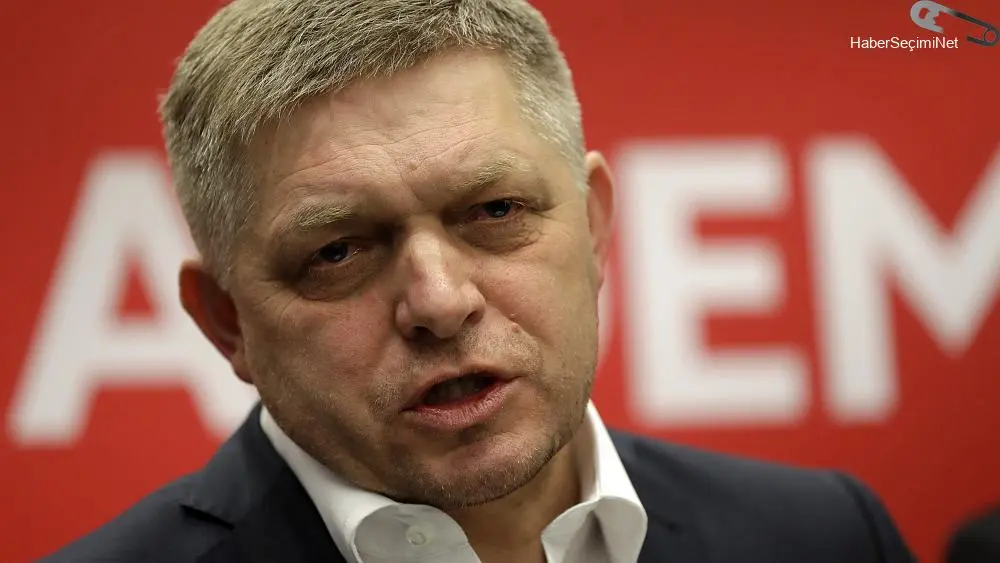
Robert Fico will not be going to jail while he's being investigated on organized crime charges after the country's parliament voted down a motion to suspend his immunity from prosecution. The special prosecutor's office had asked the national council to lift Fico's immunity, which by law he receives as a mp. In the end, 74 parliamentary votes were cast in favor of doing so, falling just short of the required number. Despite the prime minister's governing coalition having a solid majority. A particular embarrassment to the government is that two MPs from the ordinary people's party abstained from the vote. This is the party that came top in the 2020 election of an anti-corruption platform targeting Fico's Slovak Social Democracy Party.
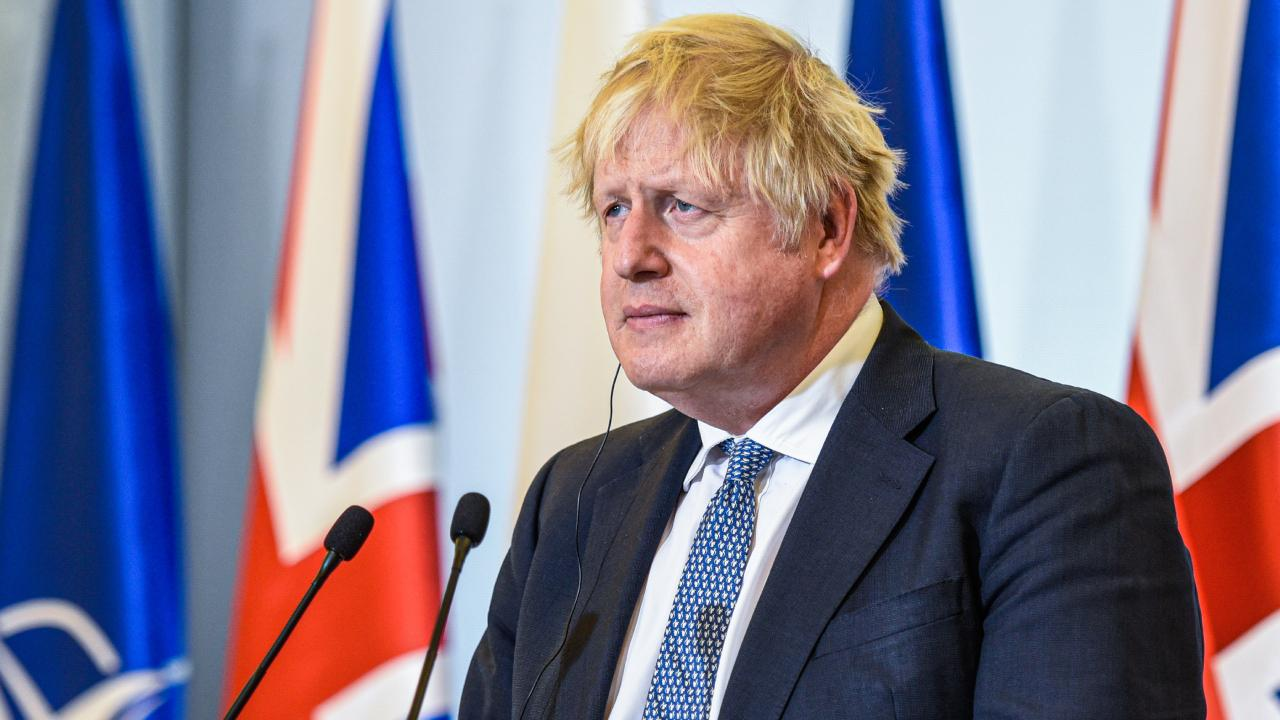
We move back to the UK to discuss the elections. Okay, so today isn't a general election, but the elections that are taking place are set to be incredibly influential. Among the elections taking place today are local elections, a referendum in Bristol about whether to scrap their elected mayor and the Northern Irish dormant assembly elections. It's the local elections, though, that many British commentators are focused on, not because they're more important than the other elections but because they could contribute to the downfall of prime minister Boris Johnson. In essence, things aren't looking good for Tory councillors. Following the party gate scandal and the ongoing cost of living crisis, it's looking likely that voters are about to use the local elections to punish the Tory government. Johnson has managed to cling to power thus far, and his conservative colleagues have forgiven his partying, but if there is one thing the Conservative Party will not forgive, it is lost elections.





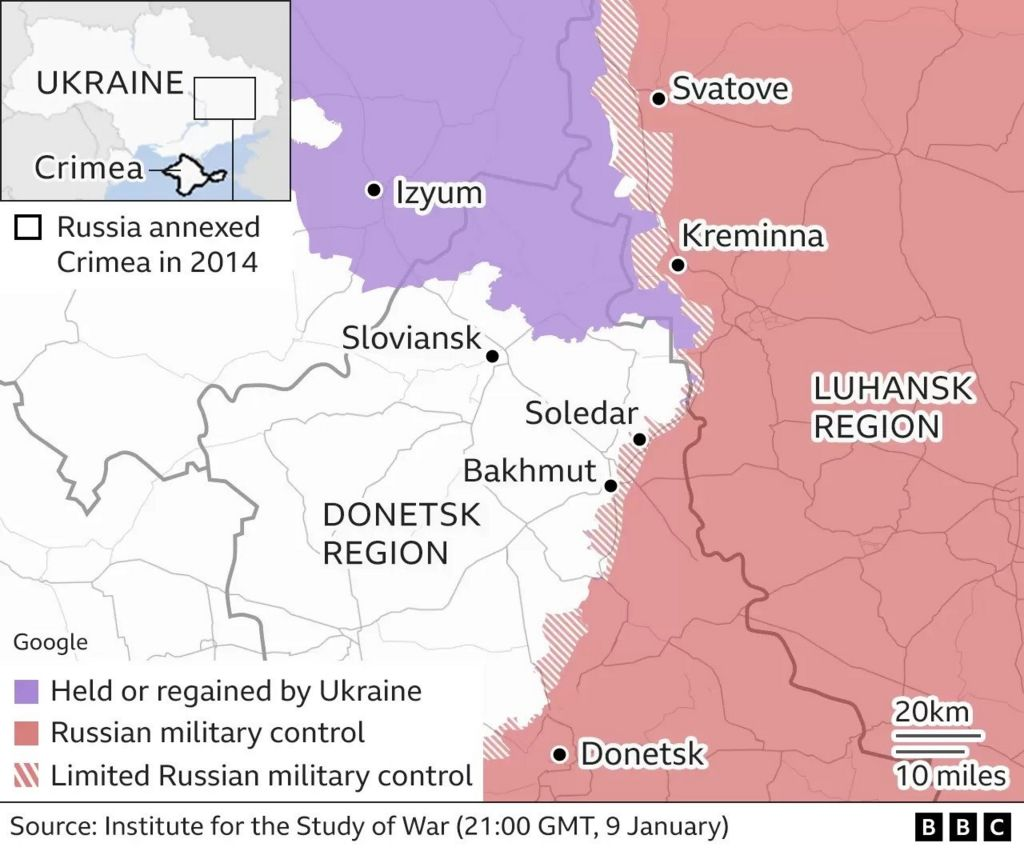


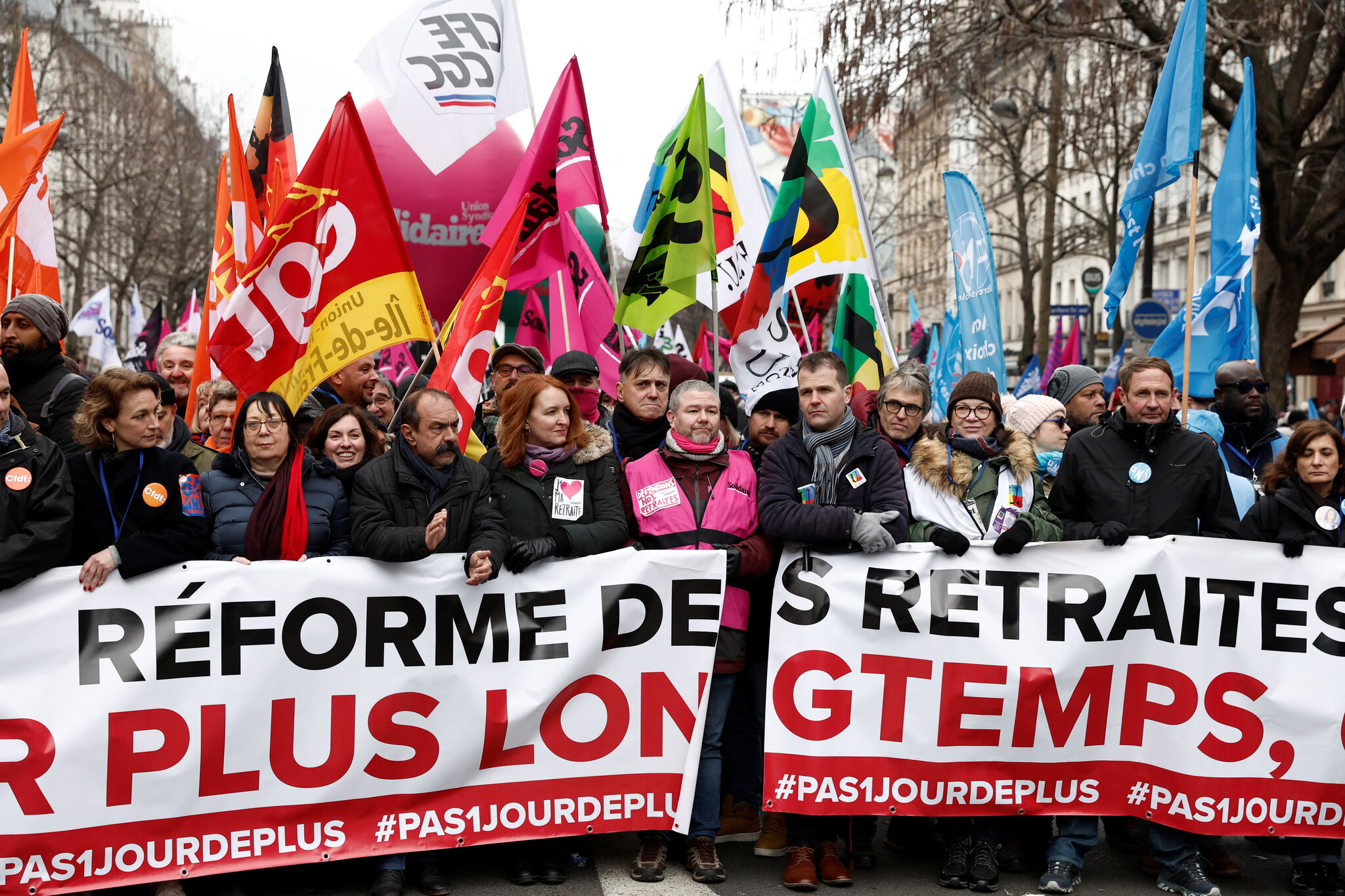
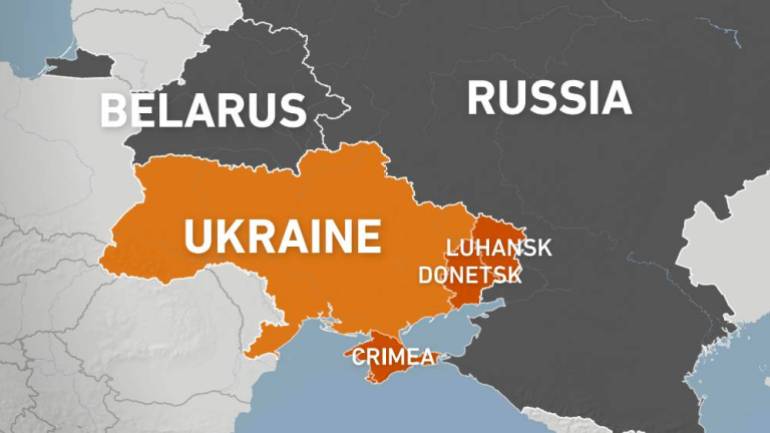
Comments